An important part of knowing how to deal with active acne is knowing what causes it. Here, Zoe Devine, Skinstitut Expert, explains what acne is, what causes it, and how to deal with all sorts of breakouts right now.
What is Acne?
Acne is essentially any type of congestion in the skin. It occurs when excess sebum (oil produced from the sebaceous glands) blocks the pores and then becomes a blackhead or whitehead. From there, it can develop into swollen, tender inflammations, pimples, or nodules (deeper lumps below the skin’s surface that are infected, inflamed, and often tender). There are many different types of acne and it most commonly appears on the face but you can also experience it on your body; on the back, shoulders, neck, chest, buttocks, and upper arms.
What causes Acne?
There are myriad causes of active acne and it can affect all skin types at different ages and life stages. Firstly, there’s the most obvious cause: excess oil, dirt, and grime. Not cleansing your skin twice daily, not washing your hands, and frequently touching your face (and squeezing your pimples) will pretty much guarantee a breakout. Then there are contributing factors that we can’t necessarily control like genetics (thanks Mum and Dad) and times of emotional stress and anxiety (looking at you COVID-19). Hormonal acne is particularly common; periods of hormonal change like puberty, menstruation, pregnancy, and even menopause can cause breakouts and persistent acne inflammation.
How to get rid of Acne?
A truly effective acne treatment can be a case of trial and error and there’s not always a fast fix. If you’re experiencing breakouts then we would normally recommend a consultation with an experienced dermal therapist to assess your skin and your lifestyle in order to custom prescribe the most effective course of action.
What you don’t recommend to do when you have active acne?
There’s a couple of really big no-nos when you have very active acne or inflamed acne:
- Avoid squeezing or attempting at-home extraction – This is best left to professionals who know the correct technique (and also which lesions are suitable for extraction). A professional will use the correct tools to ensure they do not spread bacteria and will be able to identify if and when the lesion is ready. Incorrect extraction or squeezing at home can lead to further breakouts (by rupturing the follicular wall deep in the skin and the acne-causing bacteria spilling out), slow down healing and lead to scarring.
- Opting for the strongest skincare products you can find – some types of acne (especially inflammatory acne) or adult acne (as compared to adolescent acne) requires a different approach. If the skin is exceptionally inflamed or even dry in areas, more gentle anti-inflammatory products would be used rather than the usual suite of AHAs and BHAs.
- Trying to strip your skin of oil – a common situation, most oily skin types yearn for matte skin, and will do anything to achieve it. But stripping your skin of its much needed protective barrier can worsen active acne and also send your skins oil production into overdrive (as it tries to compensate for the oil that has been stripped away).
Are there specialists I should consider seeing, such as a dermatologist?
When experiencing moderate to severe acne is it highly advisable to see a dermatologist, as acne can become quite chronic and lead to permanent scarring.
For more mild, superficial congestion you can visit a trained skin therapist who can tailor a treatment plan and homecare routine that is suitable for you.
How to prevent acne?
There are many different causes and triggers for active acne, some are genetically prone, eg. They naturally produce less of an enzyme – stratum corneum chymotryptic enzyme which is responsible for assisting the skin’s natural desquamation process AKA – they hold onto dead skin cells more which can lead to blockages in the follicles.
Others will genetically have oilier skin (which isn’t a cause of acne but oily skin types have a higher incidence of acne. Additionally, some people manage inflammation differently in their body compared to others.
So, there is not an exact science or protocol that will work for everyone when talking about prevention.
However, some possible causes or exacerbating factors to be aware of (and address where possible include)
- Comedogenic ingredients in makeup and/or skincare
- Spray tans
- Over Exfoliating
- Certain medications
- Stress
- Hormonal change or imbalance (pregnancy, puberty, menopause)
- Health status
- Diet /nutrient deficiencies
- Pregnancy
Some general lifestyle tips include:
- Assess all make-up products being used on the skin
- Avoid smoking where possible
- Be aware of personal hygiene (eg, wash pillowcases regularly, swap towels frequently)
- Try to find stress reduction activities that work for you
- Avoid a high intake of processed foods, refined carbohydrates, and sugar
- Increase your intake of fresh vegetables, fruit, nuts, and seeds
- Consider a low glycaemic index and balanced diet to ensure blood glucose levels are kept stable
- Eat plenty of foods rich in essential fatty acids (e.g. fish, avocado, nuts, etc.)
Though simply by incorporating these lifestyle modifications doesn’t mean you’re safeguarded from getting active acne as we know it’s such a multifactorial skin condition.
I’m not a teenager — Why do I still have acne?
Adult acne is exceptionally common, the statistics quote up to 50% of adult women will experience adult acne at some point in their lifetime.
Late onset adult acne may be attribute to one or more of the below:
- Excess Androgens
- Medications
- PCOS
- Hormonal imbalance
- Gut dysbiosis
- Alcohol
- Cosmetics
What people don’t know about active acne?
When we talk active acne, we know there are varying grades of severity; some of us may experience 1 blocked pore while others may be suffering from multiple lesions that are painful, angry, and inflamed. Technically speaking, there are 4 grades of acne into which your skin condition could be categorized:
- Grade 1 – consisting mostly of blackhead and whiteheads and non-inflamed lesions
- Grade 2 – Blackheads, whiteheads, some papules or pustules, redness and inflammation
- Grade 3 – Pustular acne, a higher volume of all types of acne lesions, inflammation more severe and some scarring present
- Grade 4 – Most severe form, characterized by extreme inflammation and swelling, along with nodules and cysts. The likelihood of developing moderate to severe scarring is high.
3 of the 4 grades of acne will all possess some level of inflammation and interestingly what many people do not realize is the importance of addressing inflammation within the body and skin. Believe it or not; inflammation is what will lead to and worsen scarring.
Should I quit makeup if I have active acne?
Not necessarily. Certain makeup products are no friend to acne prone skin (eg. many primers, liquid foundations, highly pigmented products).
Many chronic acne sufferers find that mineral makeup works well for them and can assist in calming while also camouflaging. When using mineral makeup ensure that makeup brushes are cleaned weekly to prevent the harbouring of bacteria.
Skinstitut has developed a range of mineral makeup options that were designed for post-treatment use and problematic skin. Particularly the Pressed Mineral Foundation (for oily skin types) and the Loose Mineral Foundation (for all skin types – just has a luminous finish). Both formulations are breathable offering buildable coverage that doesn’t clog pores while boasting anti-inflammatory and anti-bacterial properties.
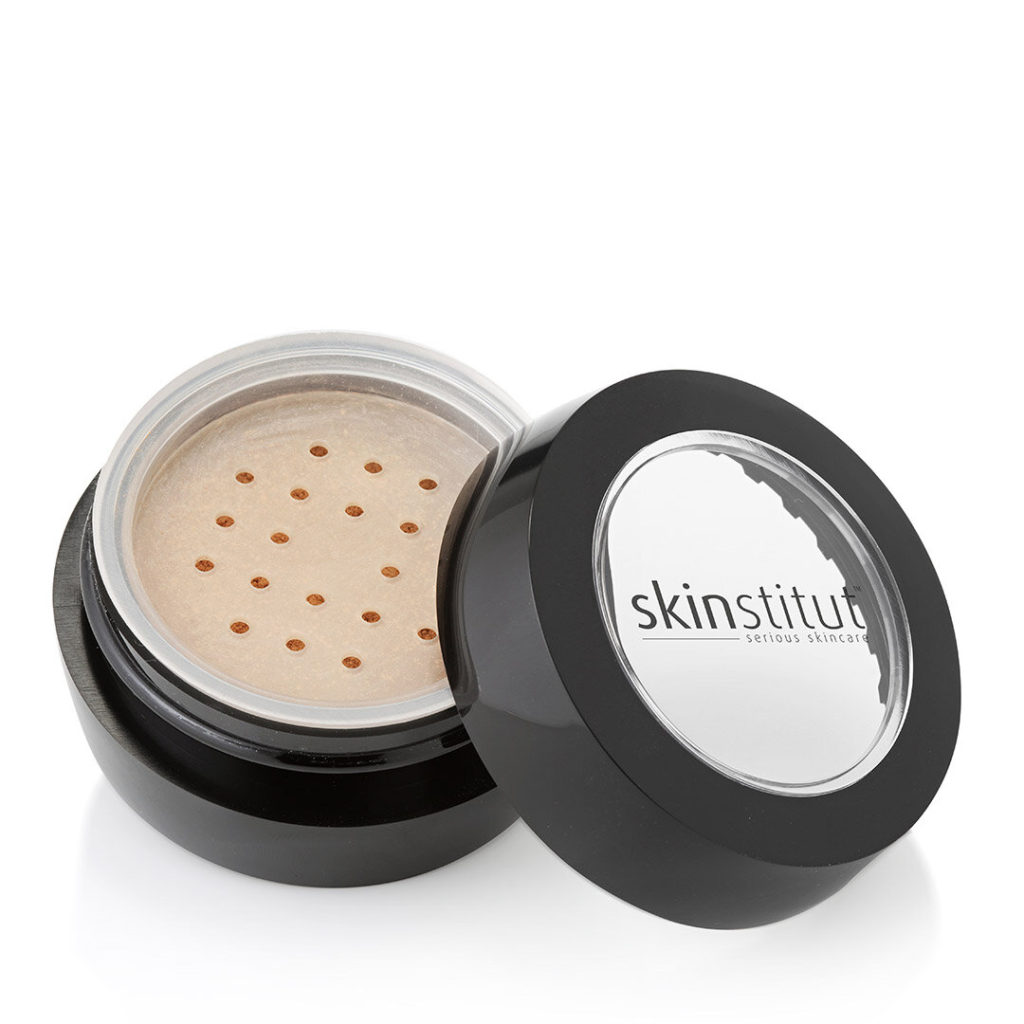
Can birth control pills help treat acne?
Medications for active acne should always be discussed with a Doctor or a dermatologist to determine suitability for you, encompassing your overall body and skin needs. Birth control is a medication and requires the appropriate medical advice.
Your top skincare tools?
Tools aren’t usually my go-to for active acne. Instead you’re best to stick with a recommended home care regime and professional treatment plan that has been tailored for your skin needs.
Acne scarring, on the other hand, I love using the Derma Roller 0.25mm with serums to target this at home (combined with clinical treatments).
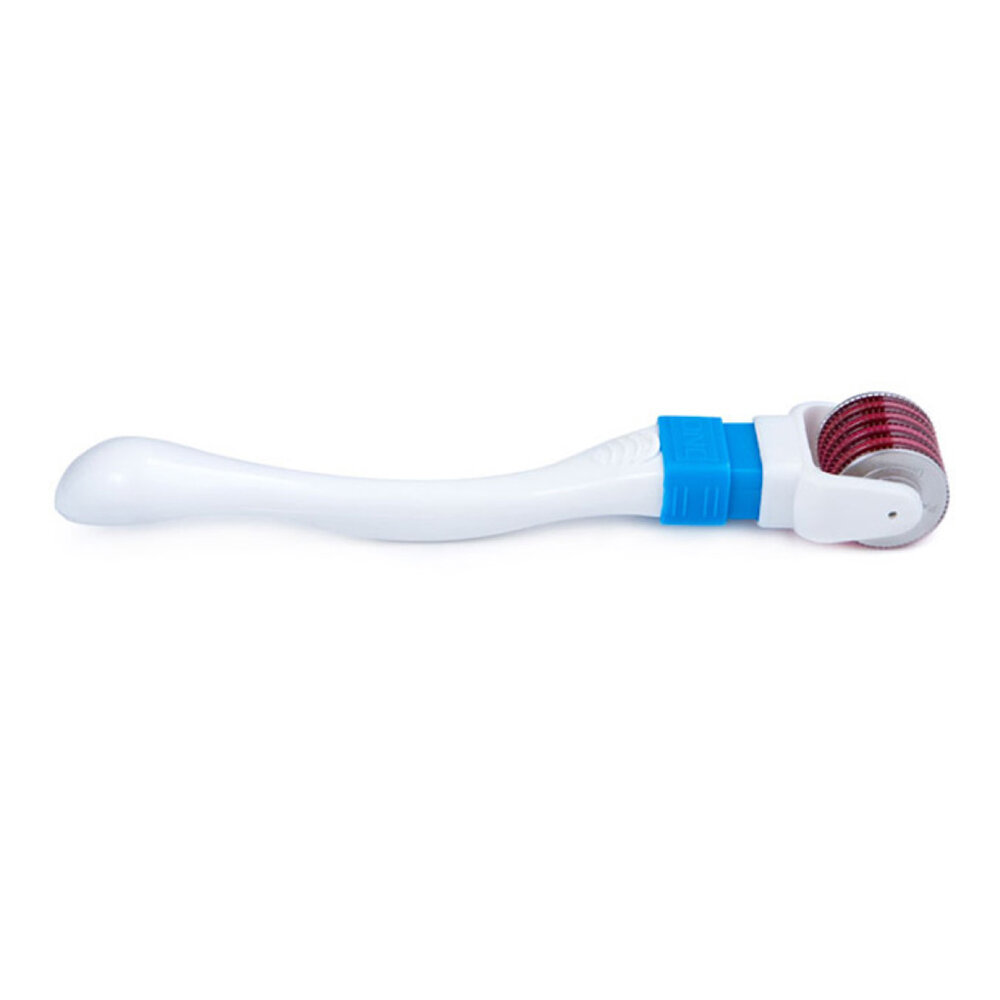
Has the gut a direct relationship with active acne appearing on the skin? Why?
This is referred to as the gut-brain-skin axis. It is believed that overall gut health can play a role in systemic inflammation, glycaemic control, pathogenic bacteria to name a few; all of which can impact the severity of active acne.
It’s also believed that the balance of bacteria (microbiota) can impact active acne. For example, gut dysbiosis (otherwise known as small intestinal bacterial overgrowth) can result in alterations to the gut wall itself (eg becoming more permeable leading to increased inflammatory conditions (thereby exacerbating active acne).

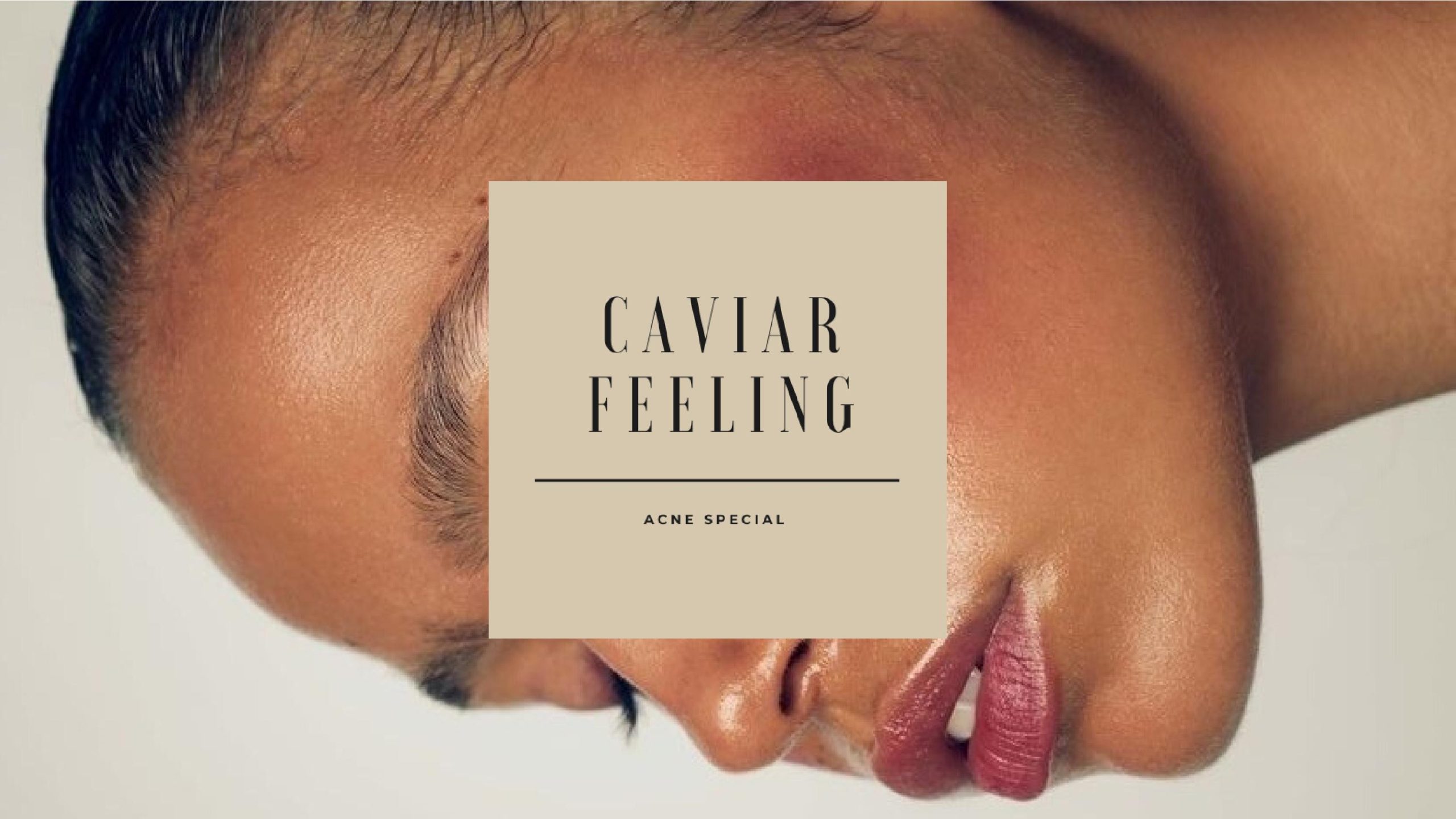




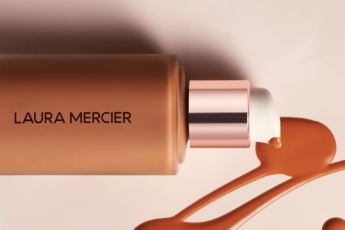
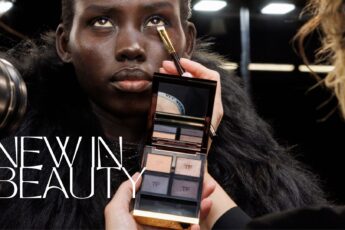
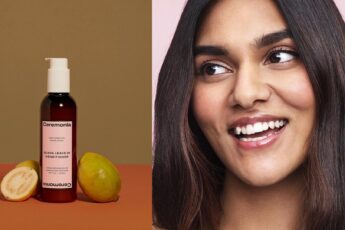
Leave a Comment